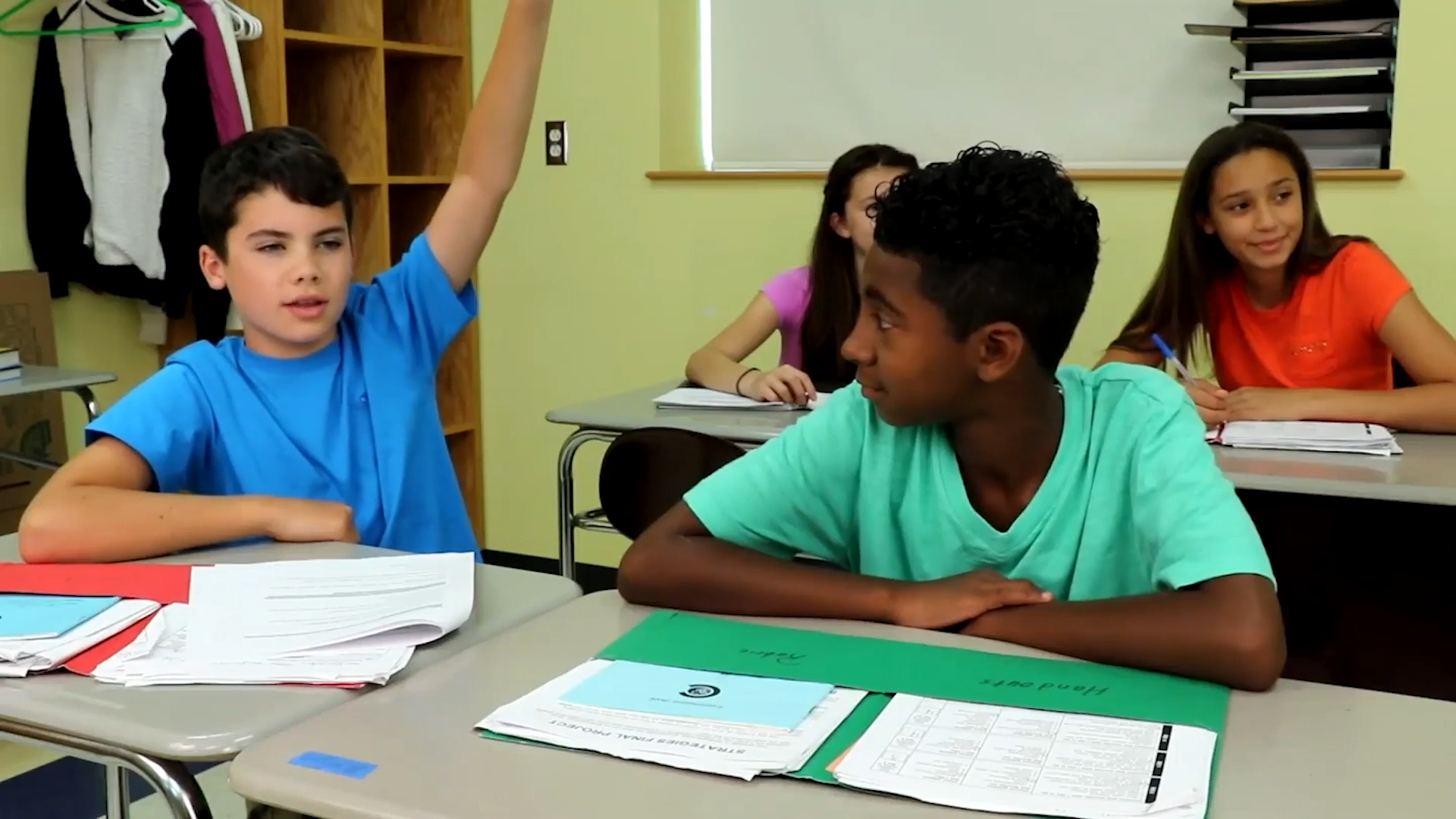
Introduction
In every classroom, it’s crucial for students to learn the importance of listening and respecting their teachers. This not only helps maintain a positive learning environment but also fosters the development of essential social-emotional learning skills. By teaching Kindergarten students to listen attentively and respect their teachers, educators can help young learners develop a strong foundation for future success in school and beyond.
No-Prep Activity: The Silent Game
The Silent Game is a simple, no-prep activity that encourages students to practice listening and self-control. To begin, have the students sit in a circle or at their desks. Explain that the goal of the game is for the entire class to remain silent for a set amount of time, such as one minute. During this time, students should focus on keeping their bodies and mouths quiet, listening to the sounds around them, and resisting the urge to speak or make noise.
If a student speaks or makes a noise, the timer restarts, and the class must try again. As students become more skilled at remaining silent, increase the duration of the game. This activity helps students practice self-control and active listening, reinforcing the importance of respecting their teacher and classmates during instructional time.
Discussion Questions
- Why is it important to listen and respect our teachers in the classroom?
- What are some strategies you can use to help yourself stay quiet and focused during class time?
- How does listening to our teachers and classmates help us learn and grow?
- Can you think of a time when you were proud of yourself for listening well and respecting your teacher?
- How can we support each other in practicing good listening skills and respecting our teachers?
Related Skills
In addition to listening and respecting teachers, there are other related skills that contribute to a student’s social-emotional learning experience. Some of these skills include:
- Active listening: Engaging fully in conversations by paying attention, making eye contact, and asking questions to show understanding.
- Self-control: Managing emotions and behaviors in a way that is appropriate for the situation and supports a positive learning environment.
- Empathy: Understanding and sharing the feelings of others, which can lead to more respectful and compassionate interactions.
- Cooperation: Working together with classmates and teachers to achieve a common goal or solve a problem.
Next Steps
Teaching Kindergarten students the importance of listening and respecting their teachers is a vital step in fostering a positive learning environment and promoting social-emotional growth. By incorporating activities like The Silent Game and engaging in discussions about respect and active listening, educators can help young learners develop the skills they need for success in school and beyond.
To explore more activities and resources to support social-emotional learning, sign up for free samples of skill-building materials at Everyday Speech.

